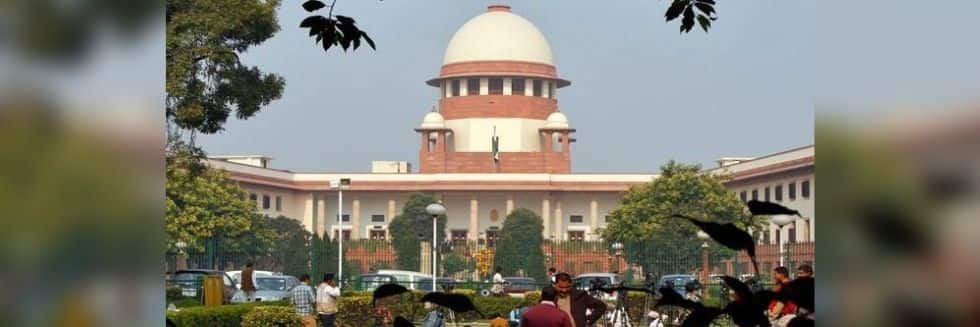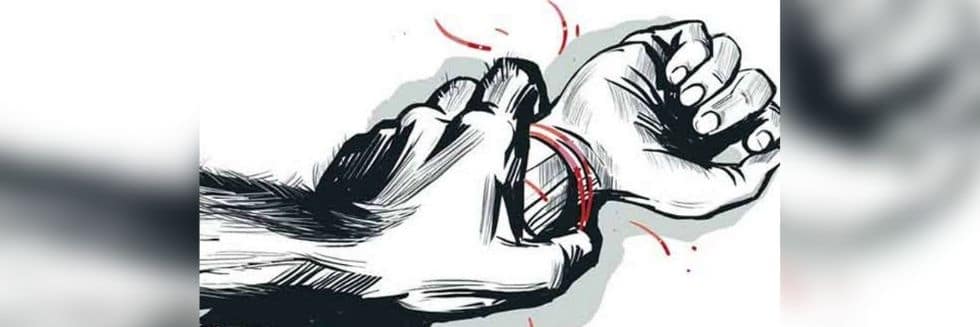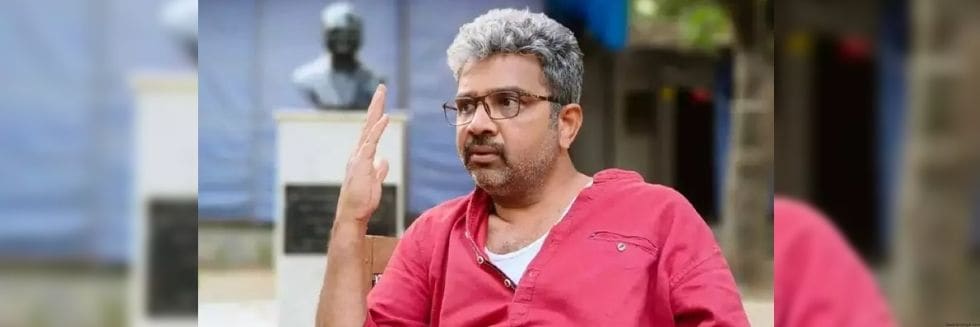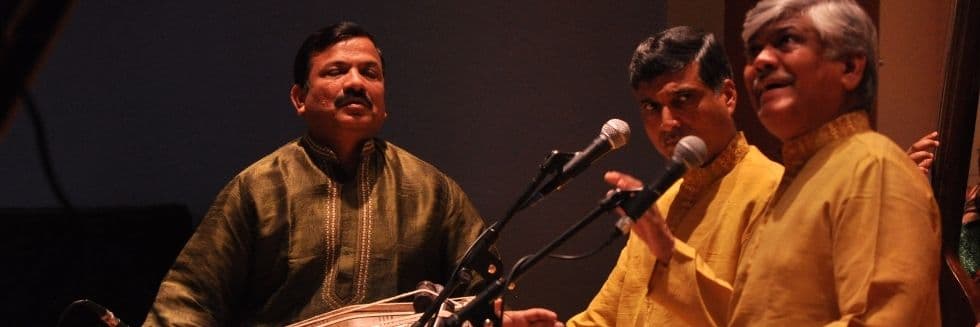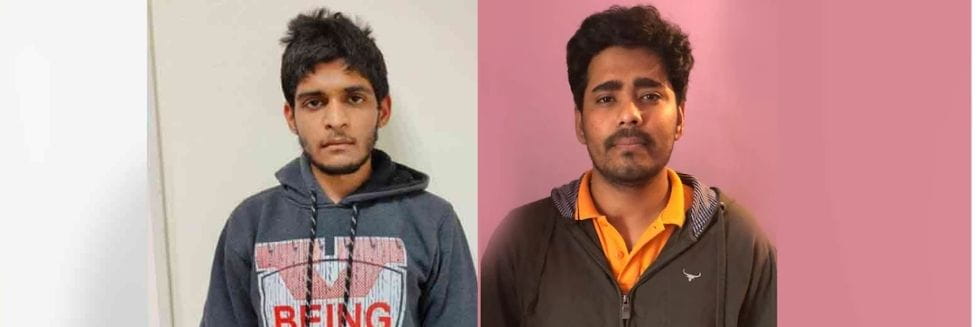In a significant move to decriminalise Indian politics, Supreme Court has made some amendments in paragraph 4.4 of its February 2020 order and has directed the political parties to publish the criminal antecedents of their candidates within 48 hours of their selection.
In the February 2020’s orders, the apex court had issued the directions that candidates must upload these details either within 48 hours of their selection or at least two weeks before the first date of filing nomination papers. That has now been limited to only 48 hours.
Candidates With Criminal Antecedents Shouldn’t Become Lawmakers
“Persons with criminal antecedents and involved in criminalisation of politics cannot be permitted to be law-makers. It can only appeal to the conscience of lawmakers and hope they will wake up soon and carry out a major surgery for weeding out the malignancy of criminalisation in politics. The nation continues to wait, and is losing patience. Cleansing the polluted stream of politics is obviously not one of the immediate pressing concerns of the legislative branch of government,” said the division bench of Justice RF Nariman and Justice BR Gavai.
Candidates With Criminal Antecedents
Supreme Court has issued directions to make sure that the criminal background of every candidate (if any) is available on the homepage of the party’s official website with a caption ‘Candidates With Criminal Antecedents.
The apex court has also directed the Election Commission of India to create a mobile application for the same and conduct awareness campaigns about criminal records of all contesting candidates through social media, TV ads, prime time debates, etc. Allocation of funds for all this should be done within four weeks.
8 Parties Penalised
Supreme Court has already penalised eight political parties over non-compliance with its earlier orders.
Communist Party of India (Marxist) and Nationalist Congress Party (NCP) were fined Rs 5 lakh each. Janata Dal-United (JD-U), the Rashtriya Janata Dal (RJD), Lok Janshakti Party (LJP), INC, Bharatiya Janata Party (BJP), and the Communist Party of India (CPI) were fined Rs 1 lakh for partial non-compliance.
Contempt Petitions Over Non-Compliance
The changes were made in connection to the contempt petitions filed by Brajesh Singh and Manish Kumar who alleged that political parties have not complied with the SC’s 2020 orders during Bihar Assembly Elections (November 2020). The petitioner has urged to suspend the symbols of violator political parties.
What February 2020 Order Said?
Political parties at the Central State level should upload detailed information about the candidates’ criminal records which includes
- Nature of offence,
- Whether charges have been framed,
- Case number
- Concerned court
- Reasons behind candidate’s selection
- Why candidates with clear records not selected
- Publish the same information on social media platforms (Twitter, Facebook, etc).
- Publish in one local vernacular newspaper and one national newspaper
As per the Representation of People Act, an MP or an MLA convicted by the court and sentenced to imprisonment for a term of more than two years is disqualified from contesting elections for the imprisoned period and a further period of years from his release.
As per Association for Democratic Reforms report, over half of newly elected MLAs have criminal cases against them.
Criminal cases against winning candidates
- 71% in Kerala,
- 60% in Tamil Nadu
- 49% in Bengal
- 43% in Puducherry
- 27% in Assam
35% candidates’ education qualification is in between Class V to Class XII.
In 2009, 30% of Loksabha MPs had criminal cases against them, 34% in the 2014 elections and reached an alarming level of 43% in 2019.
September 2020 – 2,556 sitting MLAs and MPs from 22 states are accused in criminal cases (Highest in Uttar Pradesh)
As reported in August 2021, there is a 17% jump in criminal cases against sitting and former MPs and MLAs (less than two years).
Criminal records can bar a common man from getting a job but not a politician! What do you think about decriminalisation of Indian politics? What reforms do we need in the Representation of the People Act, 1950.
